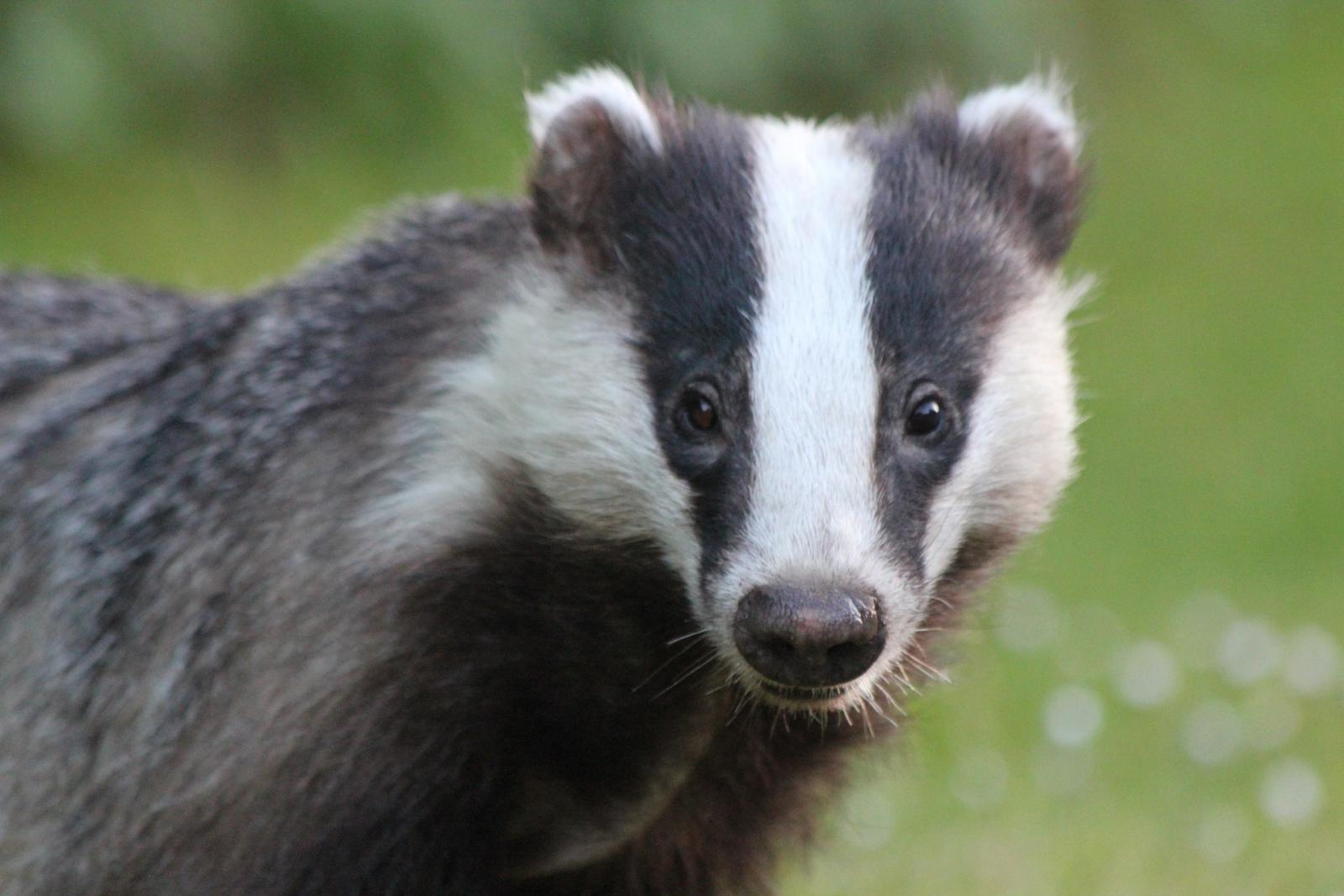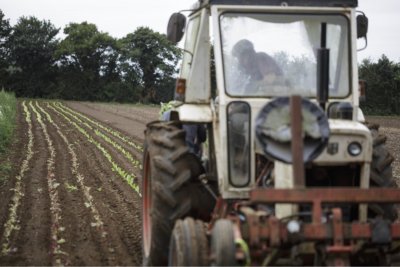News • Climate Change and Nature
Wildlife crime up by 17% since 2016
The latest report by Wildlife and Countryside Link shows an increase in wildlife crime, yet the government is unable to produce information on the extend of wildlife crime.

Link, who are part of the Sustain alliance, launched their annual report on wildlife crime, the third of its kind. Crimes include the wilful killing of badgers, bats, snakes, and organised criminals illegally importing carp.
Reports of wildlife crime were up 17% since they launched their first report in 2016. Yet Link say the government remain unable to produce information on the prevalence of offending or the location of hotspots. Trends in criminality cannot therefore be identified, undermining action.
Link’s Wildlife Crime working group launched the report in parliament with an event hosted by Kerry McCarthy MP and were joined by a cross-party group of MPs & peers to discuss their findings and to push for their main asks:
• Make all wildlife crime recordable. Without proper recording, Link are unable to recognise trends in wildlife crime and develop appropriate strategy to tackle it. They ask that the police, Defra and the Home Office work together to introduce a range of specific codes to ensure effective recording and interpretation of wildlife crime data.
• Permanently fund the National Wildlife Crime Unit. There must be long-term funding for the NWCU that allows for the expansion needed to adequately address identified and emerging threats.
• Produce annual reports. Defra and the Welsh Government should produce their own annual wildlife crime reports.
• Raise awareness of wildlife crime. The NPCC wildlife crime strategy identifies the need to raise awareness of wildlife crime. Utilisation of a “wildlife crime app” as adopted in Scotland, is one way to raise awareness and make reporting easier.
Published Tuesday 5 November 2019
Climate Change and Nature: Sustain has taken a keen interest in the rapidly accumulating evidence about the effect of food and farming on climate change and nature, as scientific evidence emerges that our food system is a very significant contributor to greenhouse gas emissions and biodiversity loss.





